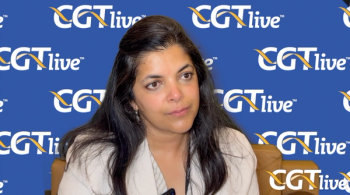
The associate professor of medicine–hematology and clinical director of lymphoma services at the University of Colorado discussed the implications of a large scale analysis of liso-cel recipients.

The associate professor of medicine–hematology and clinical director of lymphoma services at the University of Colorado discussed the implications of a large scale analysis of liso-cel recipients.
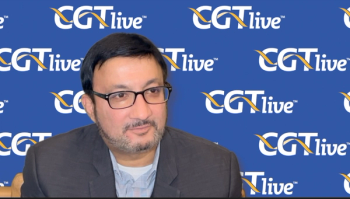
The hematologist/oncologist at the Cleveland Clinic discussed early results from a clinical trial evaluating the BCMA-directed CAR-T therapy.
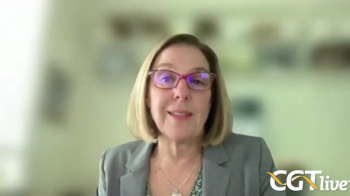
The chief medical officer of Diakonos Oncology discussed the broader implications of a positive data readout from a trial for the company’s autologous dendritic cell immunotherapy.
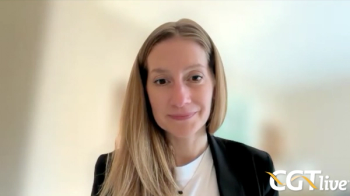
The program director of the center for psychiatric oncology & behavioral sciences at Mass General Cancer Center discussed her presentation at ASCO this year.

The chief medical officer of Diakonos Oncology discussed phase 1 data on the company’s autologous dendritic cell immunotherapy.
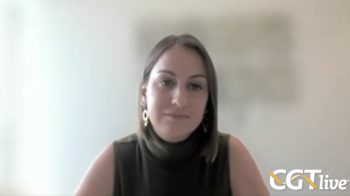
The chief executive officer and cofounder of March Biosciences discussed the company’s trial design presentation at ASCO’s 2025 meeting.
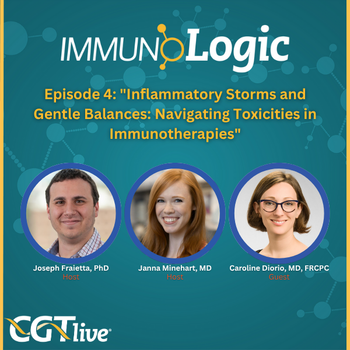
In Episode 4 of ImmunoLogic, Caroline Diorio, MD, FRCPC, FAAP, discussed her research on adverse events associated with cell therapy.
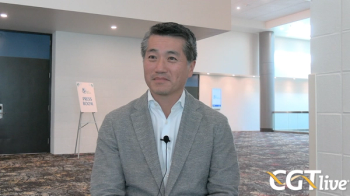
The CEO of Mission Bio also discussed the company’s plans for collaboration.
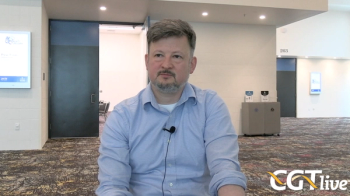
The senior research scientist at Seattle Children’s Research Institute discussed preclinical work on using dimerizing agent-regulated immune-receptor complex T-cells to target plasma cells.
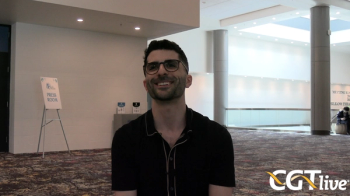
The senior principal scientist at Regeneron also discussed the problem of preexisting immunity caused by natural exposure to AAVs.

The CEO of Mission Bio discussed the company’s single cell assay platform in the context of the broader developing field cell and gene therapy field.
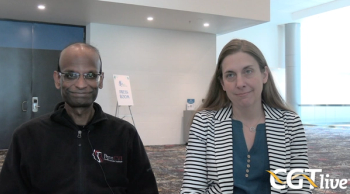
The physician-scientists at CHOP discussed long-term future expectations for personalized gene editing therapy.
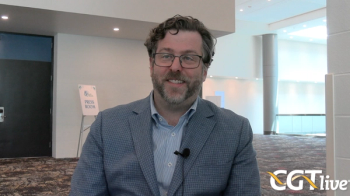
The associate director of clinical in vivo gene therapy at Children’s Hospital of Philadelphia discussed a case he presented at the American Society of Gene and Cell Therapy’s 2025 meeting.

The physician-scientists at CHOP discussed what lies on the horizon after KJ’s treatment with a CRISPR-based gene editing therapy for CPS1 deficiency.
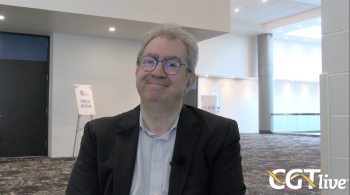
The director of the Mass General Brigham Gene and Cell Therapy Institute also discussed the Institute’s presentations at ASGCT’s 2025 conference.

The physician-scientists at CHOP discussed an n-of-1 clinical trial for a CRISPR gene-editing strategy.

The senior principal scientist at Regeneron discussed an advanced approach to enabling gene therapy redosing.
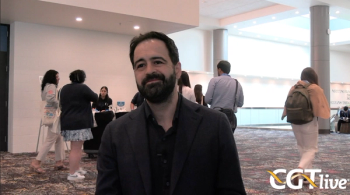
The head of research at Mass General Brigham’s Gene and Cell Therapy Institute discussed how innovative research can be held back by financial considerations.
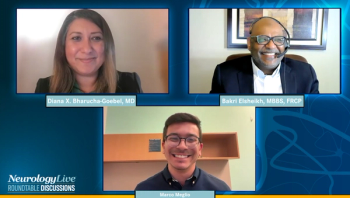
The clinical neurophysiologist at Children’s National and the professor of neurology at The Ohio State University Wexner Medical Center discussed treatment considerations for patients already living with SMA.

The clinical neurophysiologist at Children’s National and the professor of neurology at The Ohio State University Wexner Medical Center discussed treatment decisions in newly diagnosed SMA.

The clinical neurophysiologist at Children’s National and the professor of neurology at The Ohio State University Wexner Medical Center discussed the evolving SMA treatment landscape.
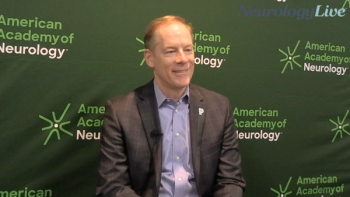
The chief scientific officer of the Parkinson’s Foundation discussed how broad genetic testing through PD GENEration is uncovering valuable prognostic and diagnostic insights in Parkinson disease.

The chief scientific officer of the Parkinson’s Foundation discussed the foundation’s efforts to integrate whole genome sequencing into PD GENEration and expand access across diverse global populations.

The CEO of Capricor Therapeutics discussed future plans for the product after the promising data presented at MDA’s 2025 conference.
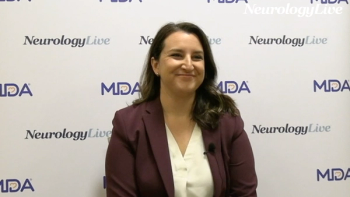
The chief scientific officer at Precision Biosciences discussed the durable potential of ARCUS gene editing and the company’s next steps toward in-human trials for Duchenne muscular dystrophy.

The chief scientific officer at Precision Biosciences discussed the ARCUS gene editing platform and its potential application in Duchenne muscular dystrophy through a durable, AAV-delivered therapeutic strategy.

The CEO of Capricor Therapeutics discussed clinical data presented at MDA’s 2025 meeting.
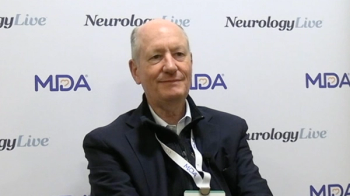
The professor of neurology at the University of Texas Health Science Center San Antonio discussed discussed challenges of therapeutic development for OPMD.

The professor of neurology at the University of Texas Health Science Center San Antonio discussed the genetic basis of oculopharyngeal muscular dystrophy, as well as the primary challenges in diagnosing and treating the condition.
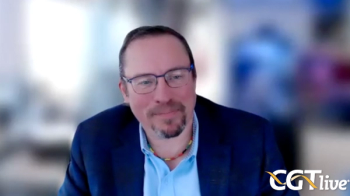
The chair of the department of medicine at Roswell Park Comprehensive Cancer Center discussed the need to bring more innovations from nonclinical research to patients.